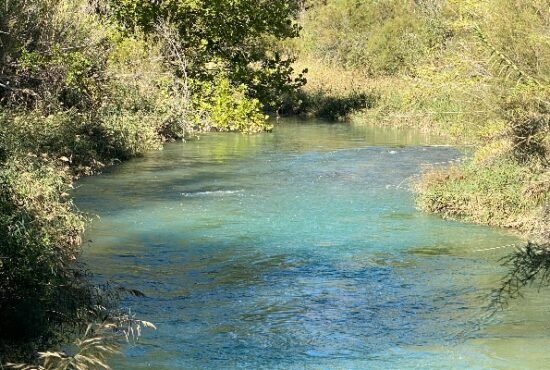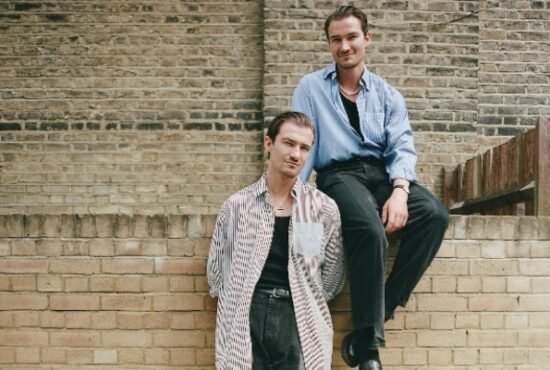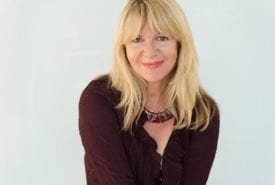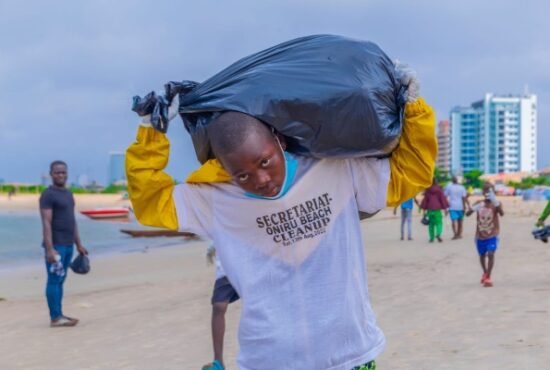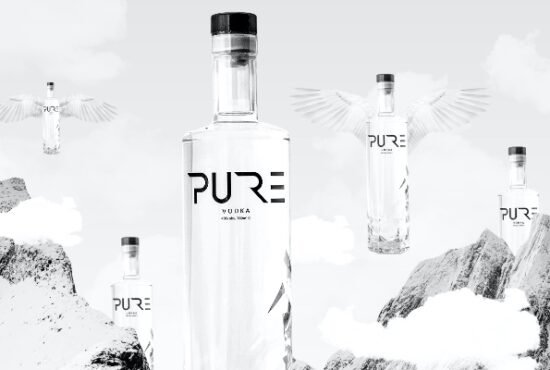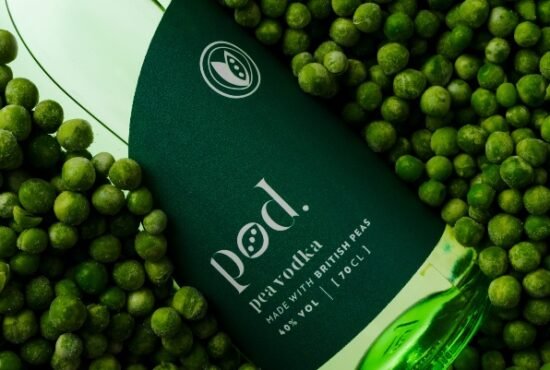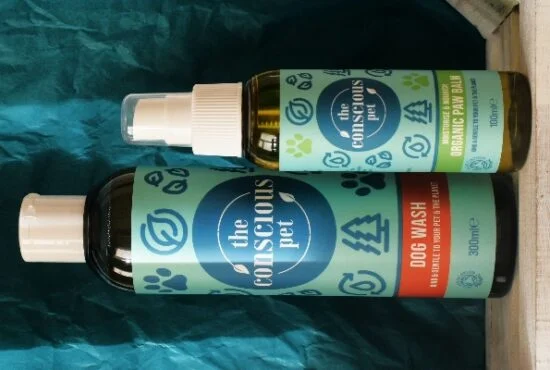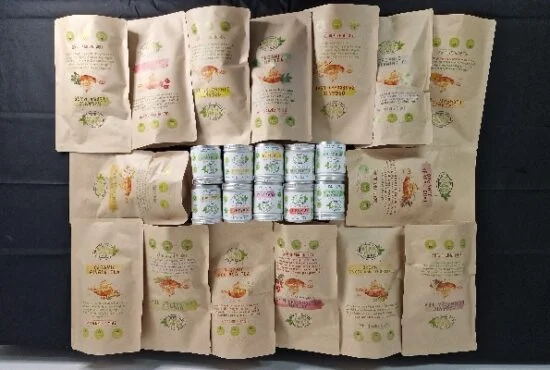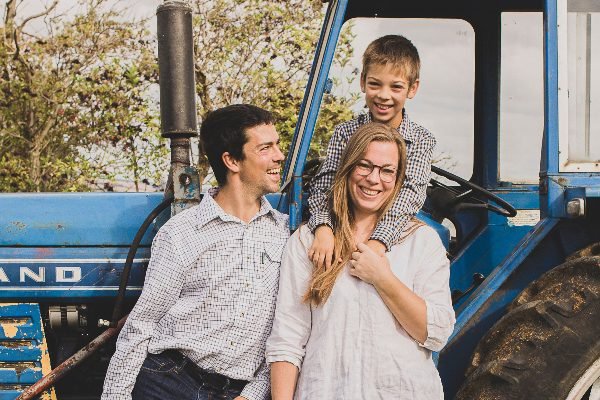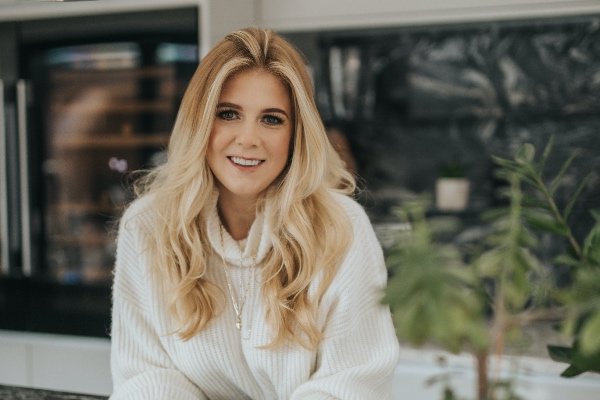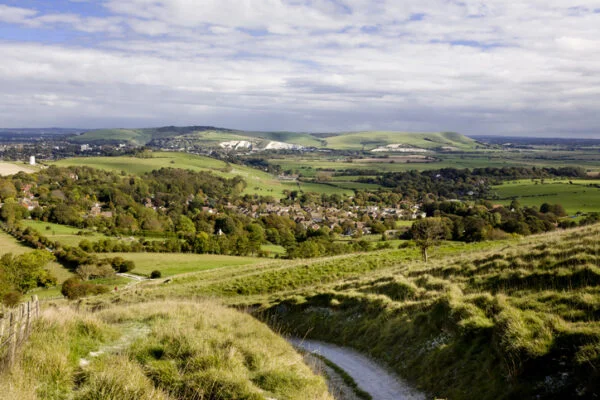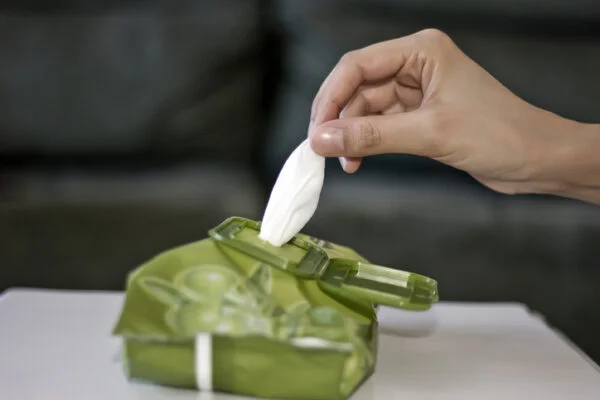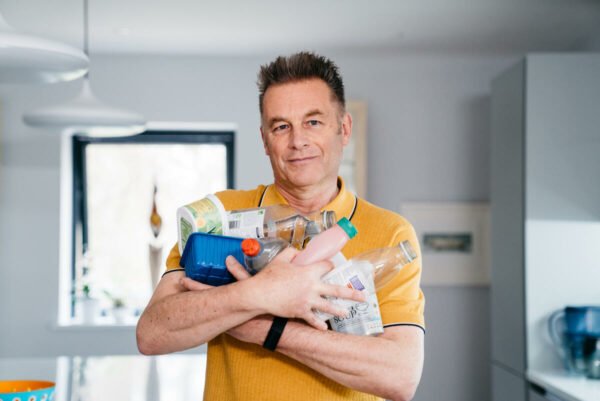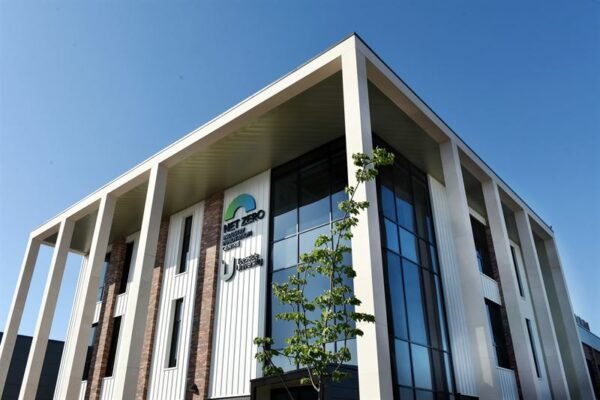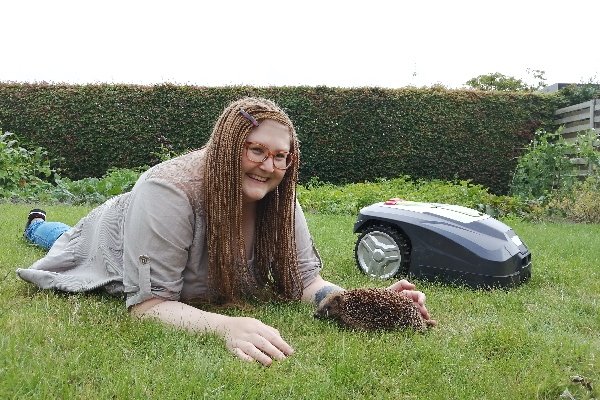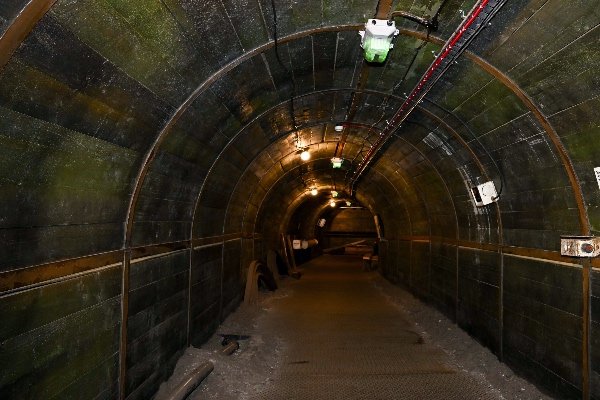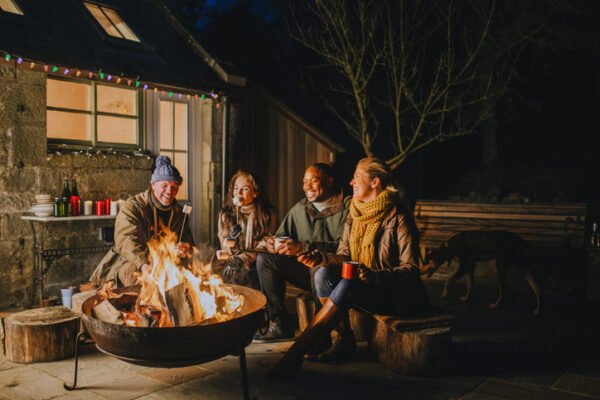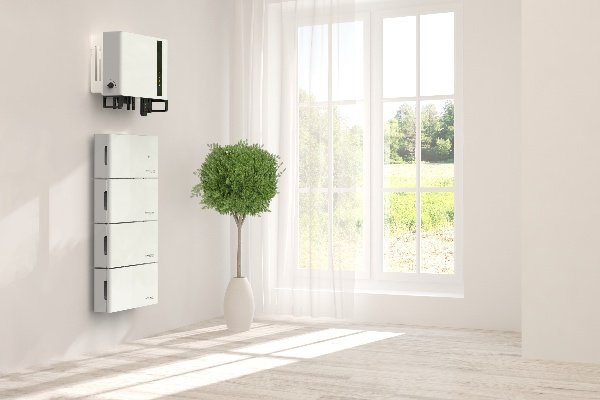The flavours are sourced locally where possible, with many ingredients picked straight from the hedgerows at Ganders Farm. Options range from Nettle, Apple with a Blackberry Ripple and Gooseberry & Elderflower to the more traditional Vanilla, Strawberry and Chocolate – all wrapped in compostable packaging.
Any milk left over is used to make Ganders Goat Milk Soap, which has great moisturising properties and is extremely gentle on the skin, making it a good option for anyone with sensitivities or skin conditions. Like the ice cream, the soap is made using local ingredients, such as rapeseed oil from less than 12 miles away.
‘We are a seasonal micro-dairy’, Lauren explains. ‘The girls get time off in late autumn and winter; we don’t milk them at all and they have a very well-deserved rest. Through careful production our whole product range is always available.’
Protecting wildlife
For Lauren and Ian, self-sufficiency and wildlife conservation are not a balancing act, they are a partnership.
At Ganders Farm, ‘wildlife friendly’ means working the land with a conscious effort to protect, nurture and improve – the visible wildlife and also the invisible network of life in the soil.
‘Those grass roots and the soil are key to the health of everything’, Lauren explains. ‘Looking after the farm’s biodiversity reduces inputs and, given time and patience, also increases output.’
Lauren and Ian have been following this approach for years and see the benefits all round the farm. One of many examples is their decision not to intervene with a profusion of docks; they chose patience over chemicals and watched as dock beetle numbers increased and took care of the problem.
In turn, birds came and feasted on the beetles.‘Small adaptions provide long-lasting effects’, Lauren tells us. ‘Increased numbers of biodiversity Action Plan (BAP) species have been recorded as increasing on our farm, which we can only put down to the practices we have implemented.’
A carbon-neutral farm
Ganders Farm is now carbon neutral through on-farm practices; Ian and Lauren haven’t bought carbon credits, they have calculated all the carbon they have ever produced at the farm and locked the equivalent amount away on their own land.
As first-time farmers with no previous knowledge of farming techniques, Lauren and Ian admit this has been an uphill journey. ‘Ganders Goat would not be possible without the goats and all the care, love, learning and attention we have put into our business’, Lauren says, ‘and all our loyal customers who return year on year.’
 Play Video about This Rock Might Just Save The World
Play Video about This Rock Might Just Save The World Play Video about Play 2 hours of rock
Play Video about Play 2 hours of rock Play Video about Play 2 hours of brook
Play Video about Play 2 hours of brook Play Video about Play 2 hours of sheep
Play Video about Play 2 hours of sheep
